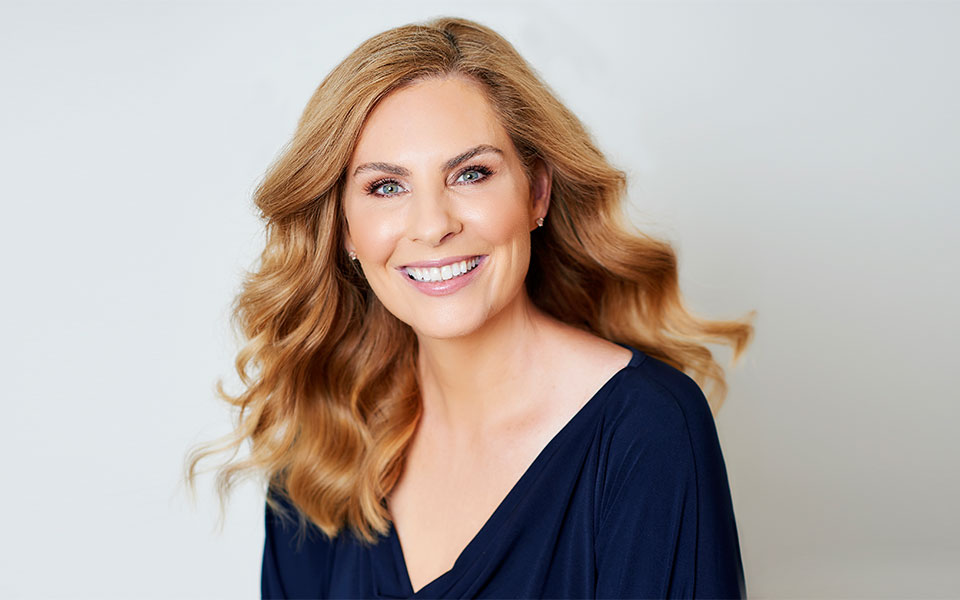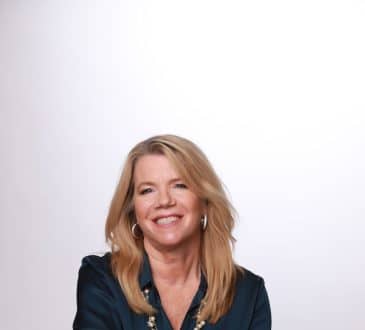4 biases that can sabotage your success and brand

Do you consider yourself an open-minded, rational and logical person? Chances are, you probably aren’t. Like it or not, we’re all controlled by cognitive biases: a series of beliefs, prejudices and preconceived ideas that help us process information quickly and make decisions – though not always the right ones. While this doesn’t have too great an impact on minor choices – what we eat for breakfast, the clothes we wear, the route we take to work – it can have disastrous consequences in other areas of life.
Take racial bias. Following years of research, Stanford University psychologist Jennifer Eberhardt has found that most of us harbour unconscious yet ingrained racial stereotypes that infect our visual perception, attention, memory and behaviour. In her book, BIASED, she shows how racial bias reveals itself – from teachers grading students, to managers dealing with customers and police officers confronting members of the public.
Our biases determine the way we think, feel, behave, interact with others, work and live. So it stands to reason that we should do a little digging to uncover what they are, why we have them and whether they’re serving us well. Here are four common cognitive biases to be aware of.
- Confirmation bias – This is a tendency for people to favour information that confirms their preconceptions, regardless of whether the information is true. As a result, people gather evidence and recall information from memory selectively and interpret it in a biased way. Someone who is adamantly against vaccinations, for example, will feed on any claim that supports their views, but will be unwilling to accept any proof that says otherwise. Our brain tells us to do this for two reasons: one, its workload is greatly reduced by only considering one side of the story and two, it boosts our self-esteem when we believe we’re right. Yet by closing ourselves off to opposing views (or even facts), we’re unable to see the bigger picture.
- Anchoring bias – How many of your beliefs and thoughts are truly your own, or simply something that’s ingrained in your psyche? Perhaps growing up, your parents were pretty vocal about a political party and were adamant that it was the only reasonable option to lead the country. Even as an adult, you’ve found yourself spouting their idealisms, without realising where they came from. Or maybe they always had a certain brand of butter in the fridge, which you continue to buy to this day. In such cases, it’s our anchoring bias at play: our tendency to cling onto the first piece of information we hear on any given topic and take it as gospel – never considering that there might be a viable alternative.
- Availability Heuristic – What are you more afraid of at the beach: being attacked by a shark or hit on the head by a coconut? Most of us would say the former, simply because we’ve seen horrific news reports when shark attacks occur and the image stays with us. Yet each year worldwide, there are only 10 deaths attributable to shark attacks, compared to 150 by falling coconuts. It’s a classic example of availability heuristic: a mental shortcut that encourages our overloaded brains to believe that whatever comes to mind quickly is the right decision. The principle behind it is, if you can think of it, it must be important. Unsurprisingly, decisions made in haste based on the power of memory and perception alone can often lead to error.
- Self-serving bias – I’ve done everything right, but bad things keep happening – what external forces are holding me back? This kind of bias sees us blaming outside circumstances when life doesn’t go to plan, but taking full credit for our wins. It’s an act of self-preservation, whereby we don’t want to take responsibility for our shortcomings, but as a result, don’t learn or grow from our mistakes.
This list only scratches the surface of cognitive biases; there are more than 180 in total! But it’s not all doom and gloom. Simply by acknowledging their existence, we can make a conscious effort to overcome our biases. Whenever you’re approaching an important decision, take a moment to pause. What is the source of your belief? Have you considered multiple perspectives? Have you taken the time to research your response, to back it up with facts? What would happen if you pursued the opposite path? By learning to understand, manage and reframe our long-held beliefs, we’re on track to uncovering the best and most successful version of ourselves.
Written by Lisa Stephenson
Bring the best of the CEOWORLD magazine's global journalism to audiences in the United States and around the world. - Add CEOWORLD magazine to your Google News feed.
Follow CEOWORLD magazine headlines on: Google News, LinkedIn, Twitter, and Facebook.
Copyright 2025 The CEOWORLD magazine. All rights reserved. This material (and any extract from it) must not be copied, redistributed or placed on any website, without CEOWORLD magazine' prior written consent. For media queries, please contact: info@ceoworld.biz












